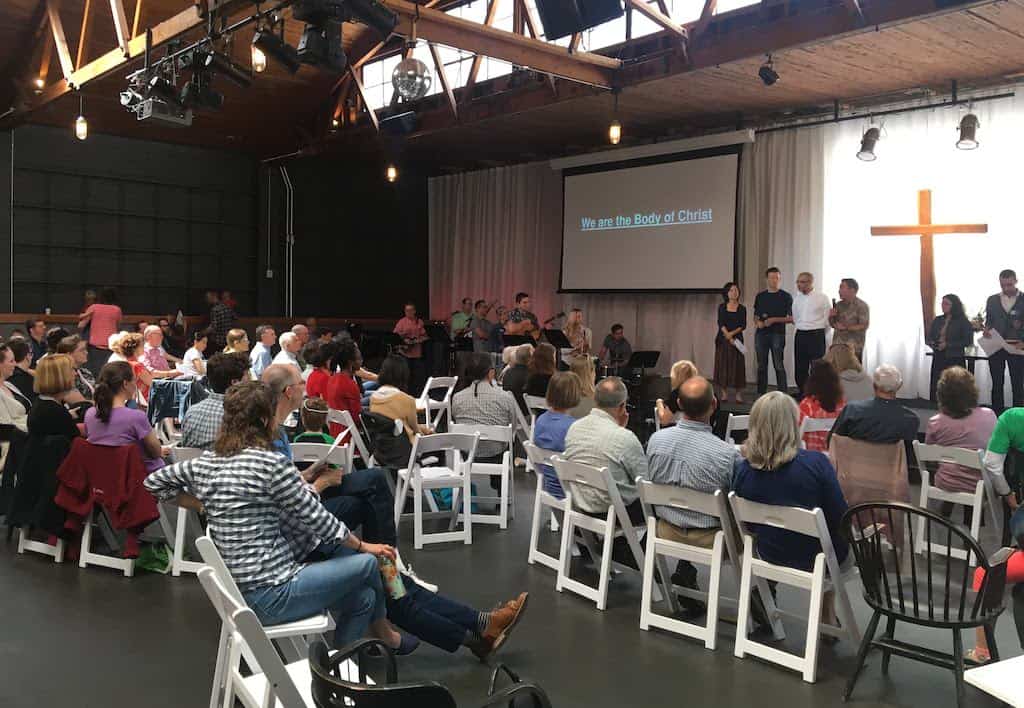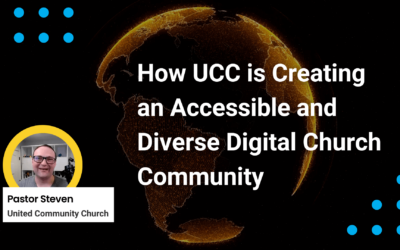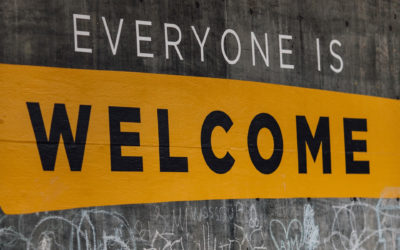Transformation is hard work. And sometimes it’s the simple misconceptions that get in the way.
For example, why do you think translation is important?
You might say that we can’t understand and include people who speak other languages without it. Or that without it, we would perpetuate the segregated status quo in many of our churches.
Those sound like good reasons to care. So what’s the misconception?
It’s that translation is only about accommodation. If everyone could speak English, we wouldn’t need it.
This past Pentecost, I discovered that the opposite is true.
Even if everyone can speak and understand English, we still need translation.
Here’s why.
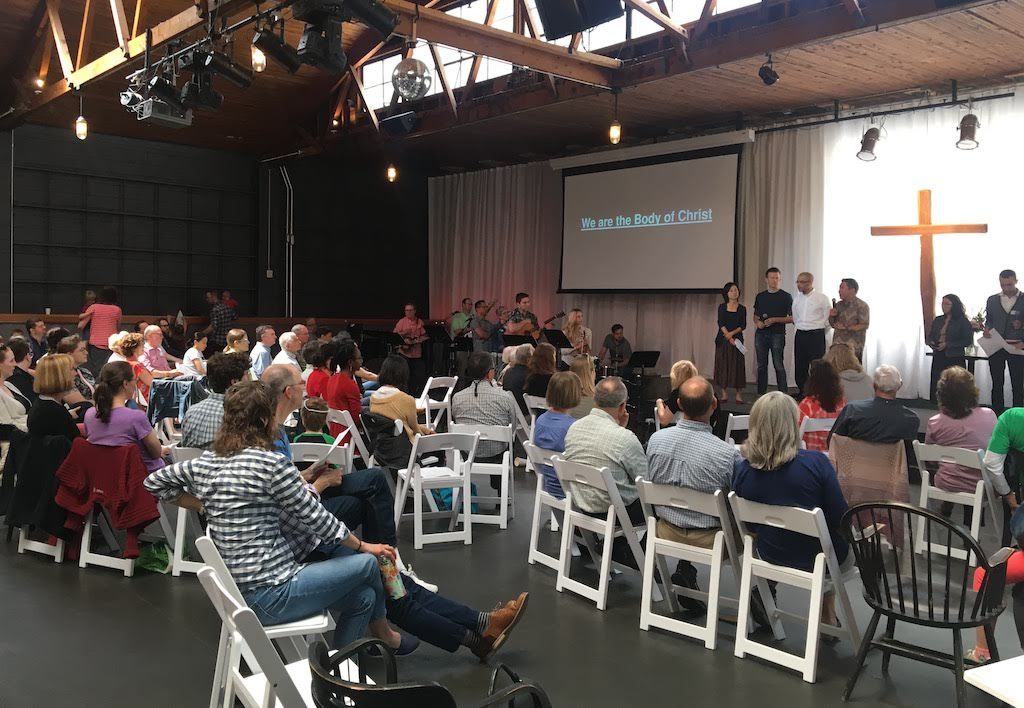
Our Pentecost worship service included Scripture reading in American Sign Language and preaching in Indonesian to an audience of primarily English speakers. We also sang a worship song in 5 languages, led by people from the stage who use those languages regularly.
After the service, we received amazing feedback from people who were moved by experiencing a foretaste of God’s dream.
We’ll share more in the coming weeks, but one comment that stood out was from a French-speaking member of our church:
“I love Union, it’s been my church family for a long time. But this Sunday was the first time I felt like my whole self was welcomed here.”
Using other languages in worship showed that we aren’t an English-only church that requires her to hide her French culture and language to belong. In fact, the French part of her identity is essential to our identity as a Christian community–one united by faith in Jesus rather than culture. Since she’s a member of our family, our family is part French!
And that new identity changes everything.
Instead of a top-down approach to diversity, we discover that God is filling our churches with people from diverse backgrounds, interests, languages and cultures that formerly couldn’t be shared. Translation enables our communities to fully live into who we are and to truly welcome people for who they are.
Translation is not just about accommodation, it’s about identity.
Identity and action go hand in hand, but oftentimes it’s a new identity that results in renewed action.
What would change in your community if you not only identified the diversity that exists, but brought it on stage with translation and invited people to share more of who they are with everyone else?
In the coming weeks, we’ll dive deep into practical and powerful ways you can do this and make progress on the transformational journey.
P.S. Check out our recently launched spf.io speaker view that makes written sermons more accessible for the Deaf and Hard of Hearing.
Learn how to use the US Census data to discover the language needs of your church community.

